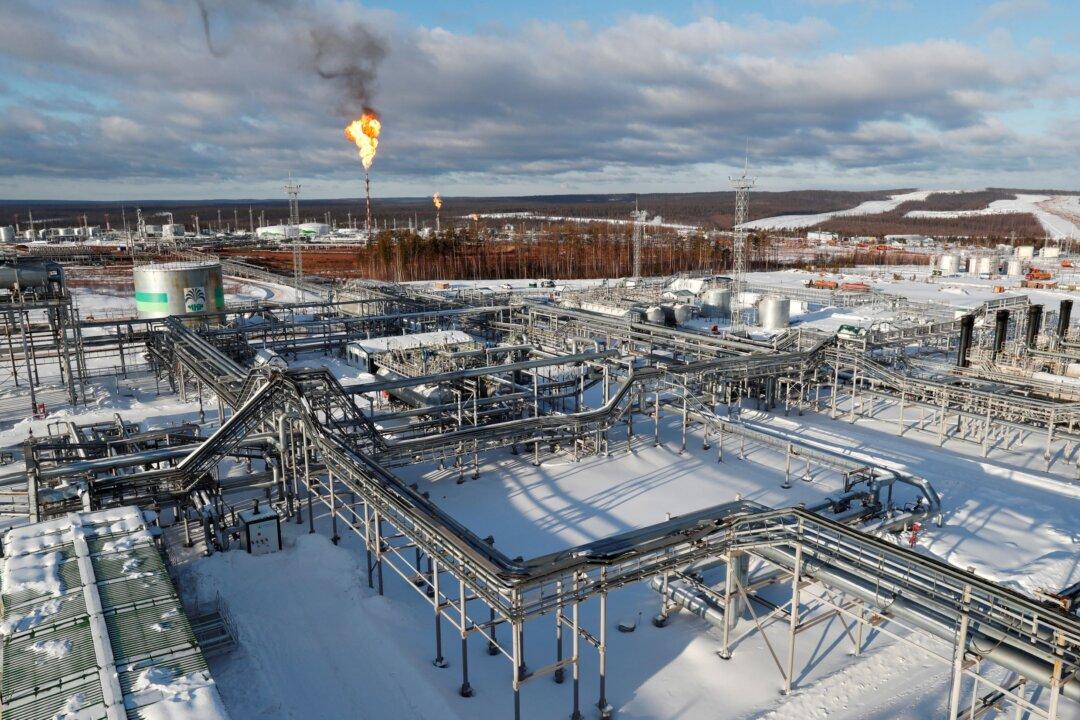Russia’s crude oil is being sold at record discount rates as the country faces tough sanctions from Western nations following its invasion of neighboring Ukraine, but traders have remained cautious and stepped back from buying the discounted fuel.
Moscow is offering Urals crude oil at a discount of $11.60 per barrel below Dated Brent, the deepest such discount in 11 years according to data compiled by Bloomberg. Dated Brent is a marker for physical oil transactions. No bids were offered while a large tender for Urals crude ended up not getting sold. Trafigura Group and the trading arm of Lukoil PJSC were earlier offering Urals crude at a $6.30 per barrel discount.





